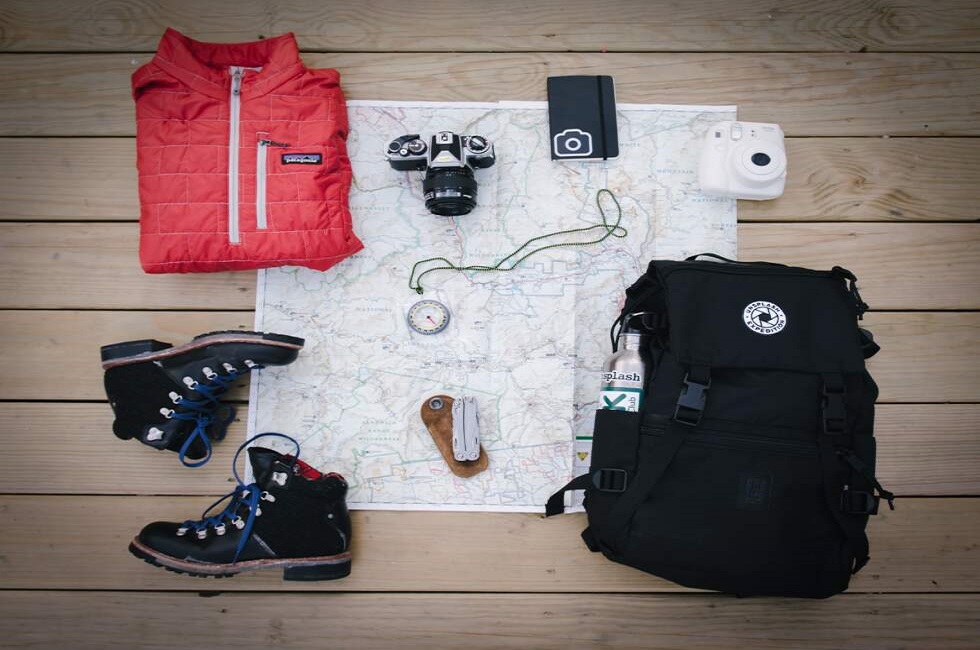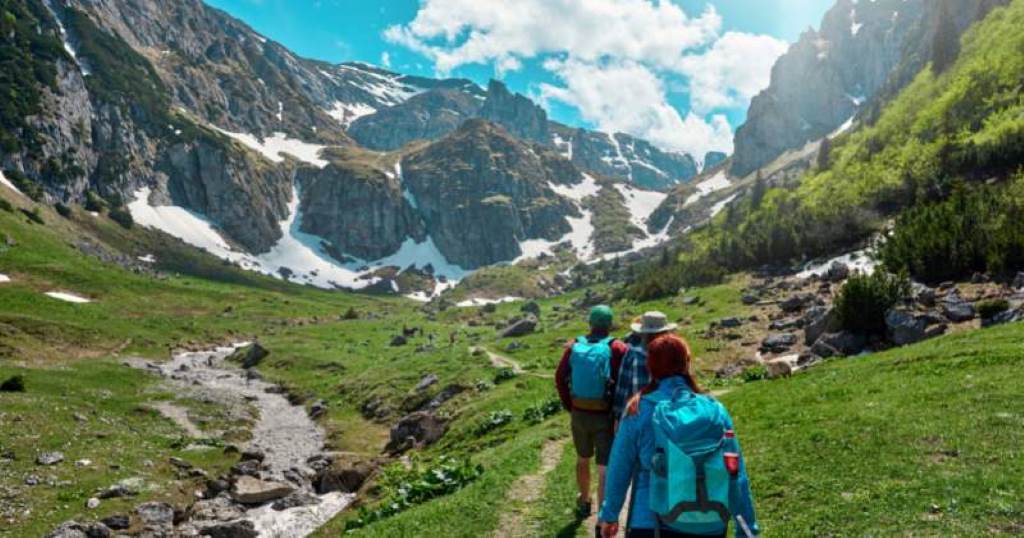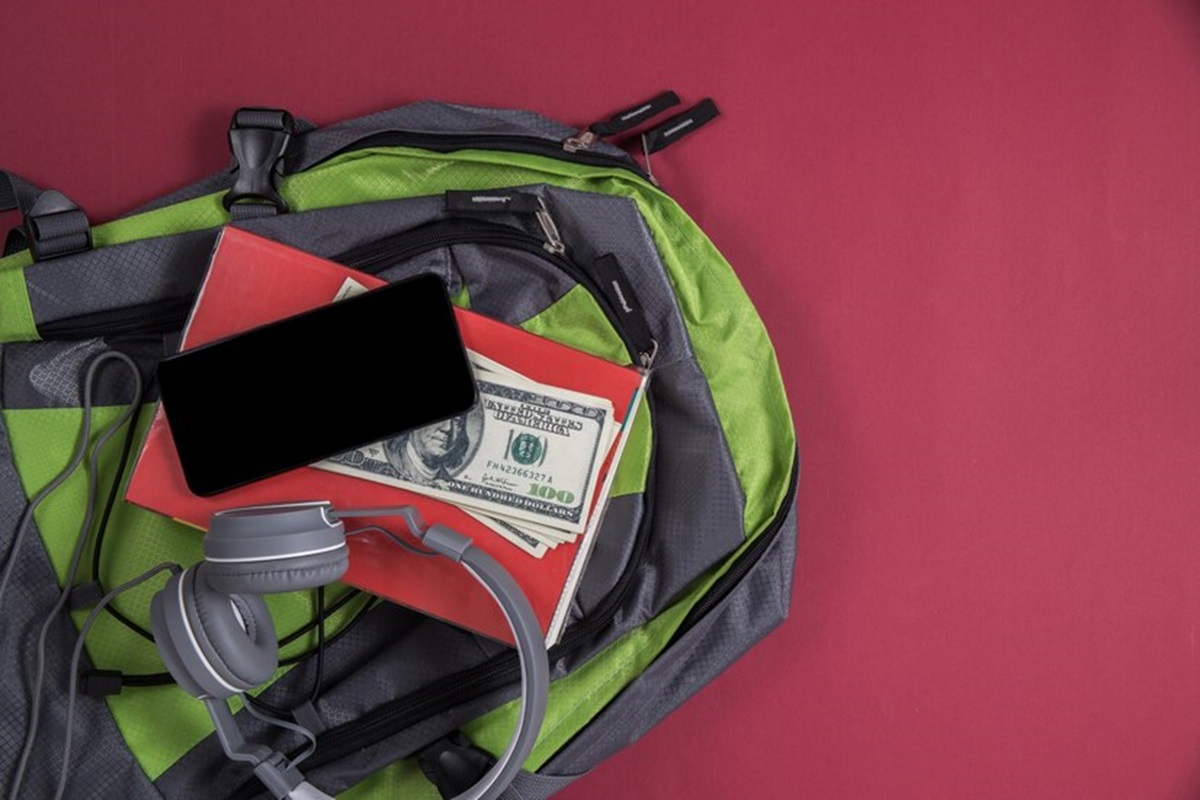Pack Your Bags – Your Complete Checklist for a Stay at Our Camping Resort
Packing for a getaway doesn’t have to be stressful. It all starts with choosing a location.
Then, you need to figure out what will be needed. Start by creating a list of the must-have items. Then, add in the nice-to-have items.
Playing everything out on a clean surface is a great way to organize your luggage. This will help ensure that you have everything you need for your getaway.
Water
Water is one of the most important items for any riverside camping, NH trip. Please ensure everyone in your group has two bottles in their designated color and that you bring extras in case of unforeseen circumstances. Bringing a first aid kit, flashlight or headlamp, and a hammock for relaxing is also a good idea. This may seem obvious, but it’s easy to forget little things like this! I don’t remember the toilet paper and soap too!
Food
Whether enjoying your favorite campfire recipes or cooking meals in the cabin kitchen, having various food options will ensure everyone is satisfied. Choose foods that fit the recreation you plan to engage in, like high-protein snacks for hiking or fish dishes if your trip includes fishing excursions.
Removing solid food items from single-use packaging and transferring them to reusable containers reduces waste and makes storing food on your camping trip easier. Be sure to bring enough to feed your entire group for your stay.
Towels
You will need plenty of towels for your campsite, showers, and pool time. You will also want a raincoat for unexpected weather conditions and a few sunny-site umbrellas. A small cube is also essential to hold your multi-tool, duct tape, extra cord and tent-pole repair sleeve, flashlight, and a headlamp.
If you are staying at a resort, hotels often provide towels, and you may not need to pack them. However, if you are backpacking or staying at hostels, you must bring your own.
Clothes
A full mix of clothes is essential when camping because the weather, body temperature, and activities will change throughout the day. Choose clothing made with synthetic materials that wick moisture to prevent bacteria from growing while you sweat.
To save space in your bag, consider packing whole outfits like shirts, shorts, and socks together so you can quickly grab and go when needed. Another packing tip is to organize smaller items into clear cubes that are easy to find when needed.
Toiletries
A toiletry bag packed with soap, toothpaste, deodorant, and toilet paper is a must-have for any camping trip. Packaging a small first aid kit, including band-aids, Neosporin, athletic tape, and ibuprofen/acetaminophen, is also a good idea.
Whether you’re a suitcase or backpack traveler, pick up a clear toiletry bag with compartments for ultimate organization and efficiency. It makes it easy to find what you’re looking for and keeps everything organized to avoid the messy look of a single-pocket toiletry bag!
First Aid Kit
It’s important to have a first aid kit handy, especially if you are camping in the backcountry and are hours away from emergency medical services. Consider packing a pre-assembled kit, or you can make your kit by including bandaids, wound cleaning and treatment, sterile gauze pads and adhesive bandages, tweezers and medical tape, and OTC medications like ibuprofen or acetaminophen.
To avoid losing or misplacing items in your bag, use resealable plastic bins to organize your toiletries and other small camping essentials. A hanging toiletry kit is also a great way to keep your essentials organized.
Electronics
Forgetting flashlights or a flashlight battery is a common mistake, especially since you’ll be far from the nearest hardware store. The same goes for digital cameras, cell phones, and other electronic devices you might bring for your camping trip. We encourage our campers to unplug and enjoy nature, but if you need to bring your phone or iPod shuffle for music (please note – video games are not allowed at camp), pack extra batteries.
Firewood
Bringing firewood is a must because camping is complete with sitting around the campfire, roasting hot dogs and marshmallows, and telling stories.
If you purchase wood, look for spruce, firs, and pines because their sticky sap helps them light quickly. Also, avoid buying or taking wood from outside the campground since it may bring insects or diseases that could harm the area’s natural ecosystems.
If you’re bringing your own firewood, look for downed wood at least 50 feet from the site. Using local firewood helps prevent the spread of pests like the Emerald Ash Borer and other invasive species.














Post Comment